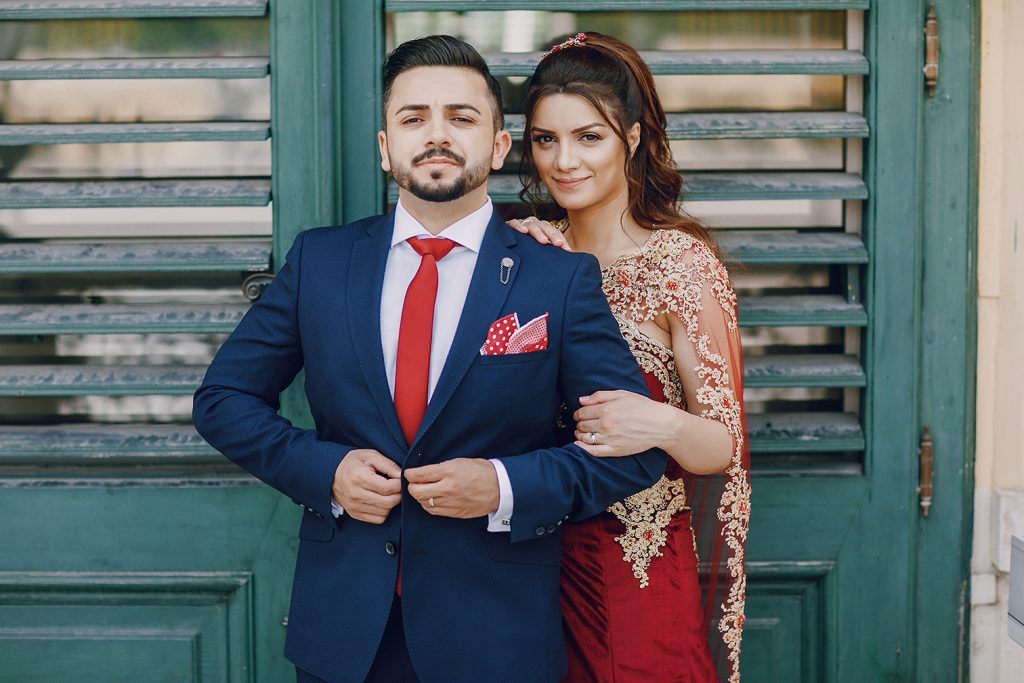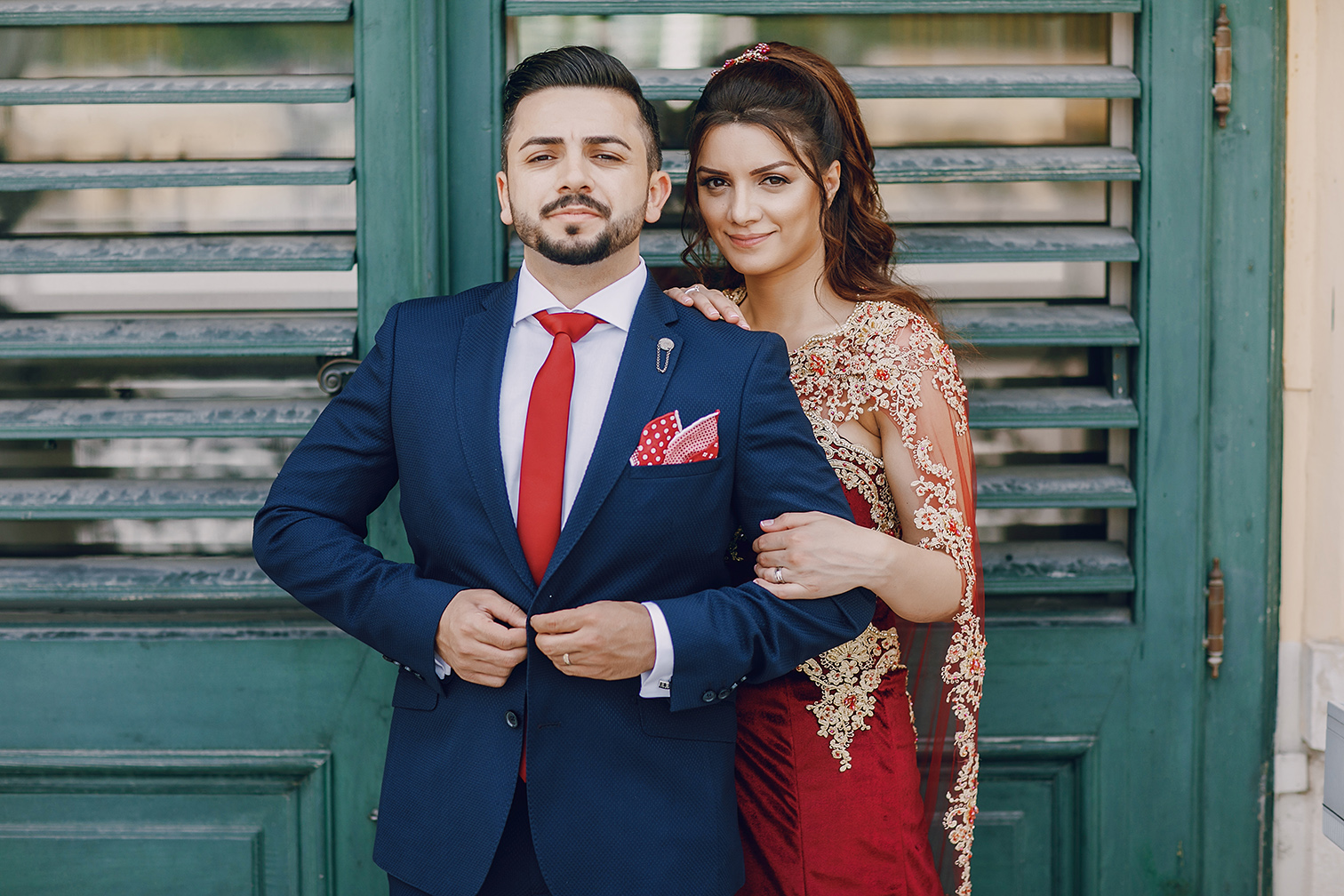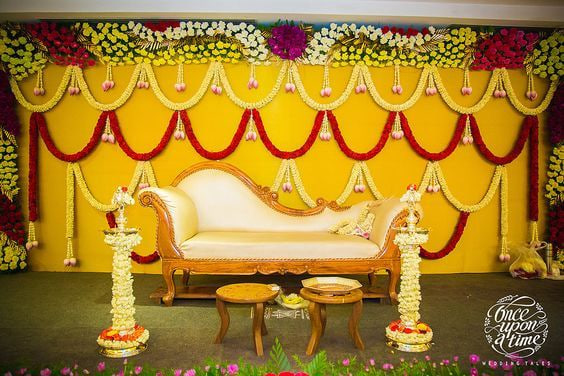Weddings are joyous occasions that celebrate love and commitment, and they come in various forms across cultures and traditions. From elaborate ceremonies to intimate gatherings, each type of wedding reflects the unique values, customs, and preferences of the couple involved. Here, we explore some of the most common types of weddings, each offering a distinct experience and significance.

Traditional Weddings:
Traditional weddings vary significantly worldwide, with customs deeply rooted in cultural and religious practices. For example, an Indian wedding often involves vibrant rituals, intricate attire, and symbolic ceremonies like the exchanging of garlands. In contrast, a traditional Western wedding may include a white dress, exchanging vows, and the ceremonial kiss.
Destination Weddings:
Destination weddings have gained popularity as couples seek unique and picturesque settings to tie the knot. These weddings often take place in exotic locations, such as tropical beaches, historic cities, or scenic mountain resorts. Destination weddings allow couples to combine their celebration with a memorable vacation, creating an unforgettable experience for both themselves and their guests.
Elopement:
Elopement is an intimate and private way for couples to exchange vows without the traditional large gathering. Couples may choose to elope for various reasons, such as desiring a more personal ceremony or wanting to avoid the stress and expenses associated with a big wedding. Elopements can occur in scenic locations, city halls, or even in the couple’s own backyard.
Themed Weddings:
Themed weddings allow couples to express their creativity and passions by incorporating a specific theme into their ceremony and reception. Themes can range from vintage eras and favorite movies to literary inspirations or shared hobbies. The decorations, attire, and even the ceremony itself are tailored to reflect the chosen theme, making for a unique and memorable celebration.
Cultural Ceremonies:
Couples from diverse cultural backgrounds often incorporate traditional ceremonies and customs into their weddings. These ceremonies can include rituals, dances, and attire specific to the couple’s cultural heritage. It’s an opportunity to honor and celebrate their roots, providing guests with a rich and immersive experience.
Civil Ceremonies:
Civil ceremonies are simple, legal weddings conducted by a government official or authorized celebrant. These weddings are often characterized by their straightforward nature, focusing on the legal aspects of marriage. Civil ceremonies can take place in a courthouse, city hall, or any location approved for legal marriage ceremonies.
Religious Ceremonies:
For couples who practice a specific religion, religious ceremonies play a central role in the wedding process. These ceremonies involve religious rituals, blessings, and prayers conducted by a clergy member or religious leader. The customs and traditions vary widely based on the faith, contributing to the spiritual significance of the union.
Same-Sex Weddings:
With the increasing acceptance of diverse relationships, same-sex weddings have become more prevalent. These weddings encompass various styles and traditions, mirroring the diversity within the LGBTQ+ community. Same-sex couples may choose to incorporate both traditional and contemporary elements into their ceremonies, reflecting their unique love story.
Double Weddings:
Double weddings involve two couples sharing the same wedding ceremony. This often occurs when siblings or close friends decide to get married simultaneously, creating a shared celebration. Double weddings can be a practical and cost-effective way to celebrate love while strengthening familial or friendship bonds.
Vow Renewals:
Vow renewals are ceremonies in which couples reaffirm their commitment to each other. These ceremonies may take place on milestone anniversaries or during challenging times in a relationship. Vow renewals are an opportunity for couples to reflect on their journey together and express their enduring love and dedication.
In conclusion, weddings come in a myriad of forms, each reflecting the unique love story and preferences of the couple involved. Whether it’s a grand traditional affair, an intimate elopement, or a themed celebration, the diversity of wedding types mirrors the rich tapestry of human relationships and cultural traditions around the world. Ultimately, the essence of any wedding lies in the celebration of love, commitment, and the beginning of a shared journey between two individuals.



